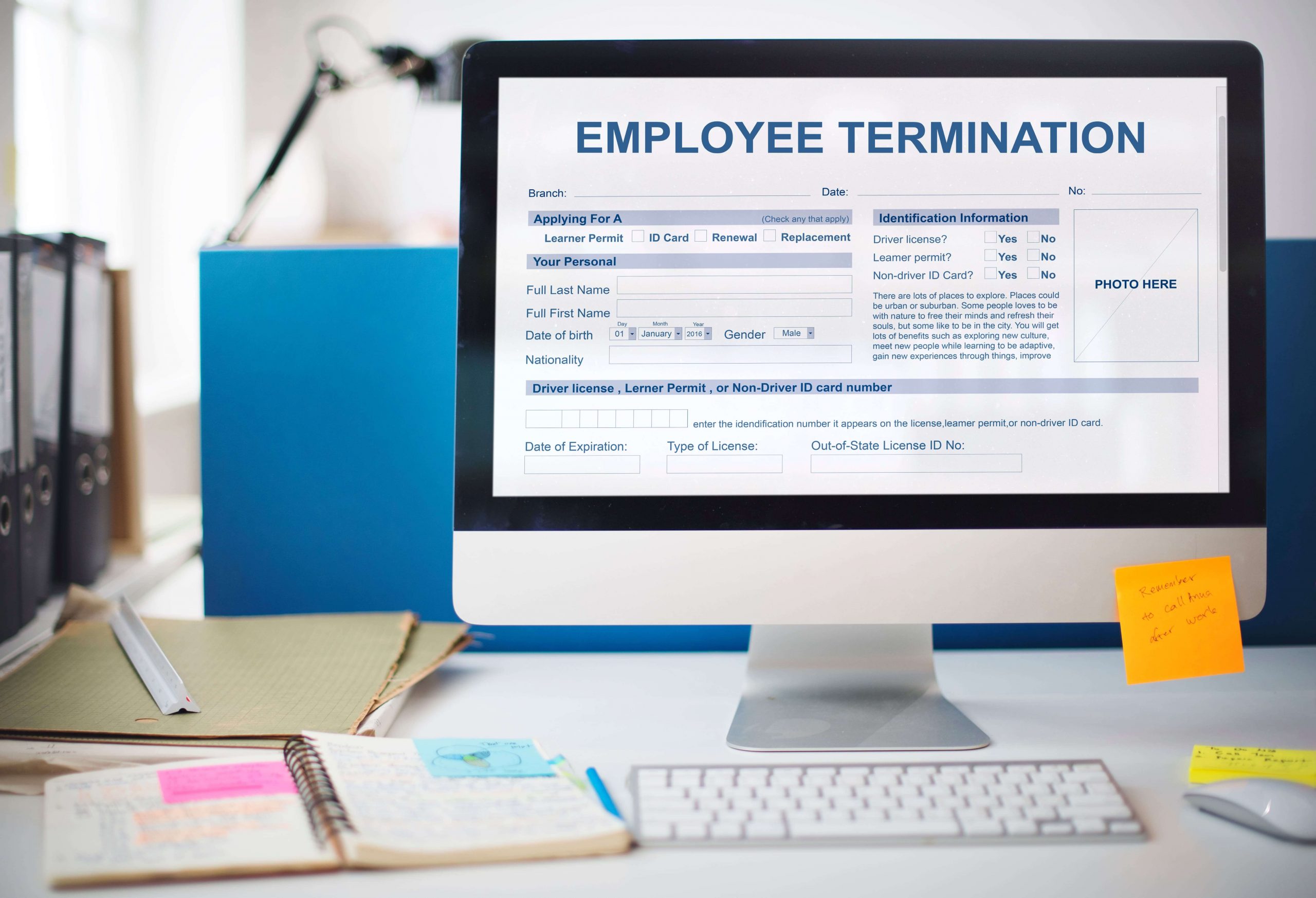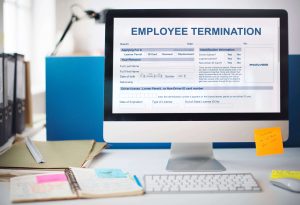At our firm, we believe in upholding justice and fighting for the rights of individuals who have been subjected to wrongful termination. In this comprehensive article, we delve into the realm of wrongful termination cases and shed light on the profound impact of Supreme Court rulings. Through an analysis of relevant legal precedents and an examination of key factors influencing such cases, we aim to provide you with valuable insights and information.
Wrongful Termination Explained
Wrongful termination is a grave issue that can have severe consequences for employees who are unjustly dismissed from their jobs. It occurs when an employer terminates an employee’s contract in violation of employment laws, disregarding protected rights and acting against public policy. Over the years, the Supreme Court has played a pivotal role in shaping the legal landscape surrounding wrongful termination and understanding its impact is crucial for both employers and employees alike.
The Significance of Supreme Court Rulings
The Supreme Court, as the highest judicial body in the land, holds immense authority in interpreting the law and setting legal precedents. Its rulings not only establish legal standards but also influence lower courts and shape the outcomes of future wrongful termination cases. In examining the impact of Supreme Court decisions on wrongful termination cases, we must delve into some key areas of concern.
At-Will Employment Doctrine
One fundamental aspect affected by Supreme Court rulings is the concept of at-will employment. Under the at-will employment doctrine, an employer can terminate an employee for any reason, as long as it is not illegal or in violation of public policy. However, the Supreme Court has established exceptions to this doctrine, offering protection against wrongful termination in certain circumstances.
Public Policy Exception
The Supreme Court has recognized the public policy exception, which prevents employers from terminating employees when such termination would be contrary to public policy. This exception applies when an employee is fired for reporting illegal activities, whistleblowing, or exercising their legal rights.
Implied Contract Exception
Another significant exception established by the Supreme Court is the implied contract exception. This exception arises when an employer’s actions, statements, or policies create an implied contract that limits their right to terminate employees without cause. In such cases, wrongful termination claims may be pursued based on the breach of this implied contract.
Discrimination and Retaliation
Discrimination and retaliation are two crucial factors in wrongful termination cases, and the Supreme Court has played a crucial role in defining and addressing these issues. Federal laws, such as Title VII of the Civil Rights Act, the Americans with Disabilities Act (ADA), and the Age Discrimination in Employment Act (ADEA), protect employees from termination based on factors such as race, gender, age, religion, disability, and more.
Supreme Court Rulings on Discrimination
The Supreme Court has issued landmark decisions that have strengthened protections against discrimination in wrongful termination cases. These rulings have clarified the standards of proof required, the burden of proof placed on employees, and the remedies available to those who have been wrongfully terminated based on discriminatory grounds.
Retaliation Protections
Employees who face retaliation for engaging in protected activities, such as filing a complaint or reporting illegal activities, are also safeguarded by Supreme Court decisions. The Court has emphasized the importance of protecting employees from adverse employment actions in retaliation for exercising their legal rights.
Arbitration Agreements and Class Action Waivers
Arbitration agreements and class action waivers have become significant considerations in wrongful termination cases, thanks to Supreme Court rulings. These agreements, often included in employment contracts, require employees to resolve disputes through arbitration instead of pursuing litigation. Moreover, class action waivers may prevent employees from banding together to pursue claims collectively.

Wrongful Termination Cases Won
In recent years, the Supreme Court has issued several decisions that have had a notable impact on wrongful termination cases won. These rulings have shaped the legal landscape and influenced the strategies employed by both employers and employees in such disputes.
Epic Systems Corp. v. Lewis (2018)
In the Epic Systems Corp. v. Lewis case, the Supreme Court held that employers can enforce arbitration agreements that include class action waivers. This decision has significant implications for employees seeking to pursue collective action in cases of wrongful termination. It underscores the importance of carefully reviewing employment contracts and understanding the presence of such arbitration agreements.
Bostock v. Clayton County (2020)
The Bostock v. Clayton County ruling was a landmark decision by the Supreme Court, providing protection against employment discrimination based on sexual orientation and gender identity. This decision expanded the scope of Title VII protections, ensuring that individuals cannot be terminated on the basis of their sexual orientation or gender identity. It has had a profound impact on wrongful termination cases involving LGBTQ+ individuals.
Nassar v. University of Texas Southwestern Medical Center (2013)
The Nassar v. University of Texas Southwestern Medical Center case established a higher burden of proof for retaliation claims in wrongful termination cases. The Supreme Court ruled that employees alleging retaliation must demonstrate that the retaliation was the sole reason for their termination, rather than just a motivating factor. This ruling has made it more challenging for employees to succeed in retaliation claims, emphasizing the need for solid evidence and legal expertise.
Strategies to Navigate Wrongful Termination Cases
Successfully navigating wrongful termination cases requires a comprehensive understanding of relevant laws and a strategic approach. Here are some key strategies that can help employees facing wrongful termination:
- Document Everything: Keeping thorough records of employment-related incidents, such as performance evaluations, disciplinary actions, and communications, can provide essential evidence in building a strong case.
- Seek Legal Counsel: Consulting with an experienced employment attorney who specializes in wrongful termination cases is crucial. They can provide guidance, assess the strength of your case, and advocate for your rights.
- Follow Internal Procedures: Adhere to any internal grievance procedures outlined by your employer. This can strengthen your case by demonstrating that you exhausted all available avenues for resolution.
- Preserve Evidence: Safeguard any relevant evidence, including emails, text messages, or witness statements that support your claims of wrongful termination.
- Understand Applicable Laws: Familiarize yourself with federal, state, and local employment laws that protect against wrongful termination. This knowledge will empower you to identify potential violations and strengthen your case.
Wrongfully Terminated? Contact The Howley Law Firm Today
Wrongful termination cases are complex and require a thorough understanding of the legal landscape, including the significant impact of Supreme Court rulings. By comprehending the exceptions to the at-will employment doctrine, recognizing the importance of addressing discrimination and retaliation, and staying informed about recent court decisions, individuals can navigate these challenges more effectively.
At our firm, we are committed to assisting individuals who have experienced wrongful termination. Our experienced team of attorneys possesses the expertise and dedication necessary to help you fight for justice and obtain the compensation you deserve. Contact us today to schedule a consultation and take the first step toward resolving your wrongful termination case.












